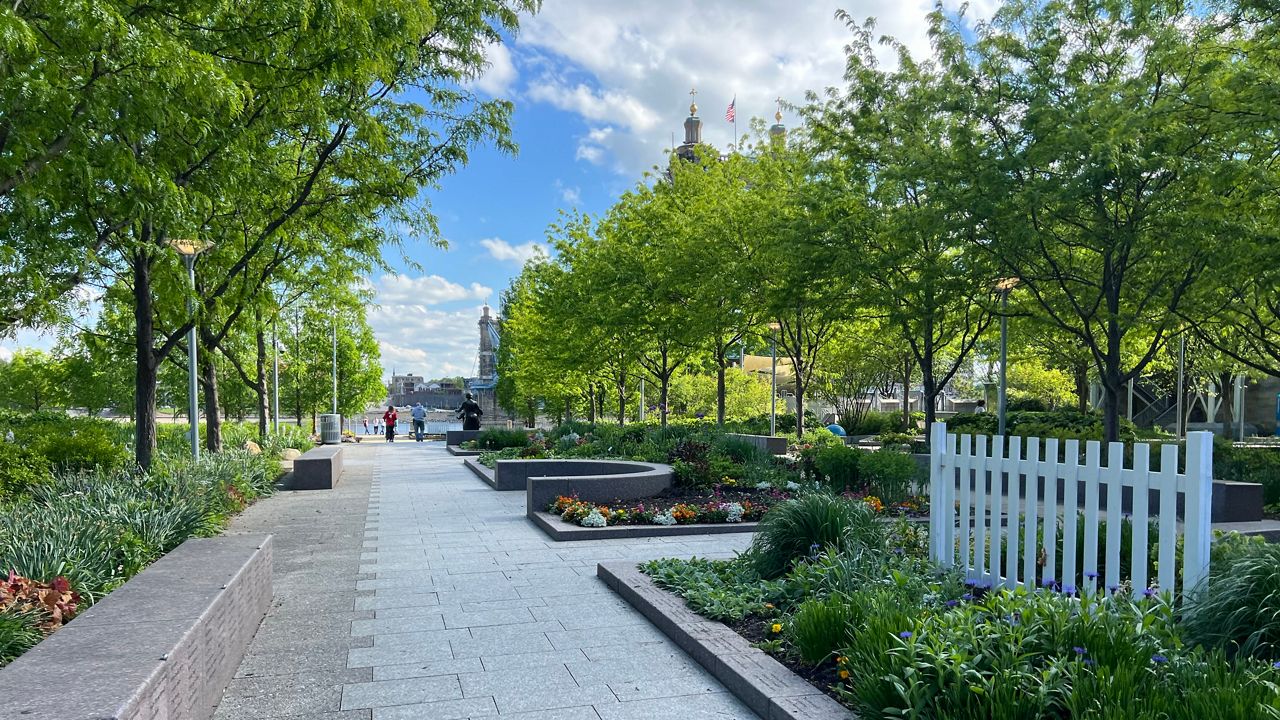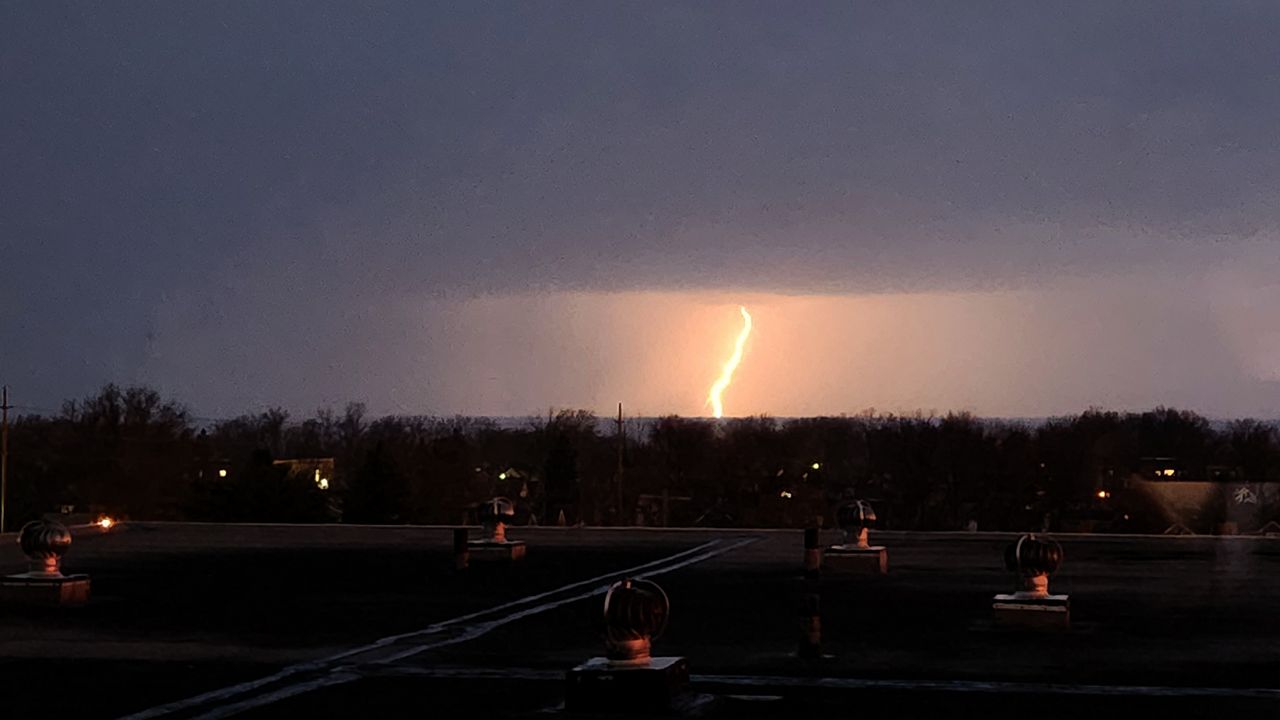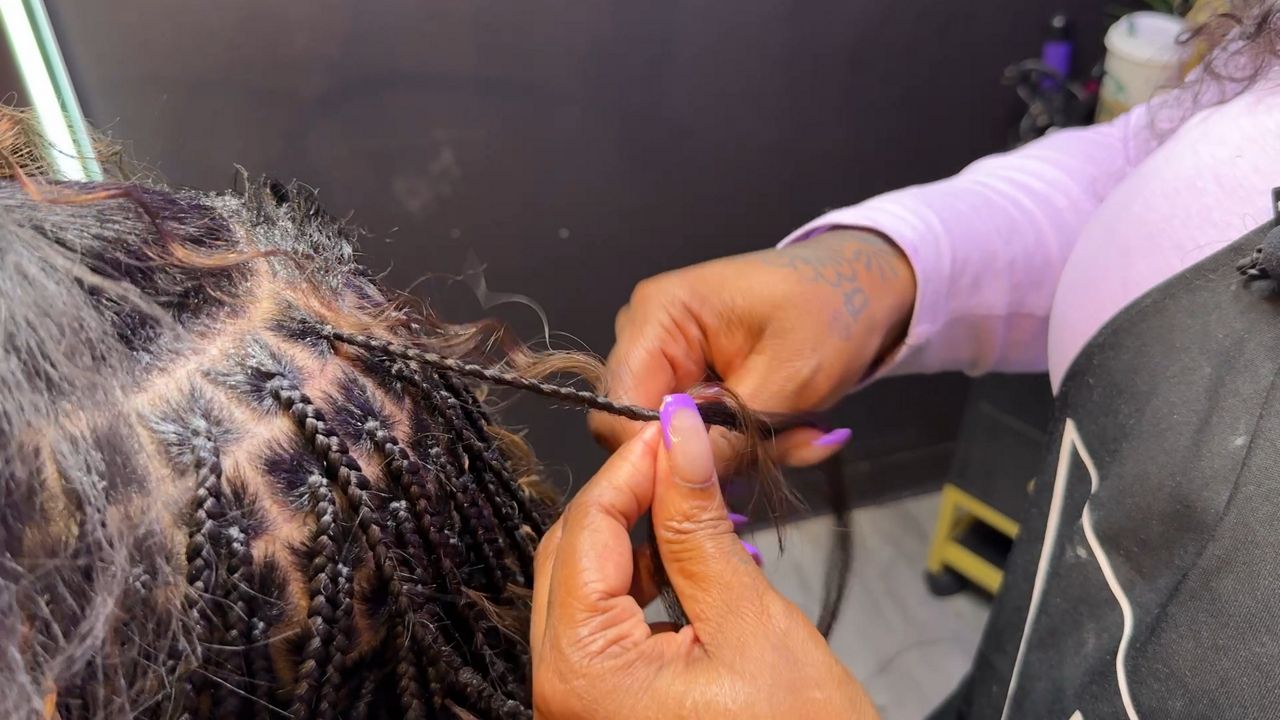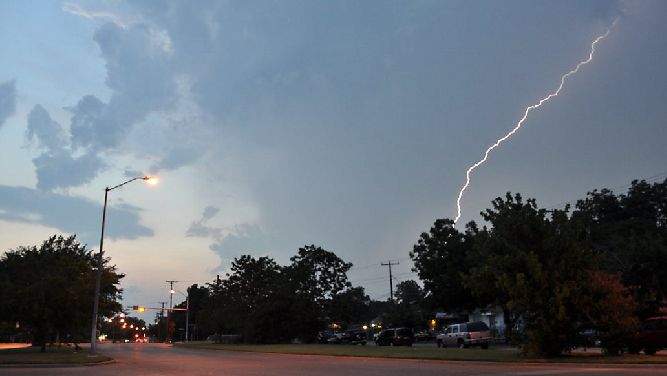HILLIARD, Ohio — Aug. 31 marks International Overdose Awareness Day. The day aims to put an end to the tragic pattern of drug abuse and death, while reminding us of those who lost the battle to addiction.
What You Need To Know
- Whitney Nicholson, who’s now two years clean, struggled with addiction most of her adult life
- Nicholson says she was also dealing with an abusive relationship at the time
- In the process of getting her life back, she’s become a Peer Recovery Support Specialist to help encourage others still battling
It’s also a day to support those in recovery, like Whitney Nicholson.
“I lost who I was,” Nicholson said.
Nicholson, who’s now two years clean, said she began using at 15 years old, but by 22, it became an addiction and her coping mechanism to deal with the relationship she was in.
“I was in a really abusive relationship for about 18 years,” said Nicholson. “A lot of the reasons that I used was to know a lot of emotional and mental pain, and a lot of that came from trauma.”
She said using became a need, but some days were worse than others.
“I overdosed several times,” she said. “I don’t remember anything that happened other than waking up and wanting to do more drugs.”
Then, one day, things changed. After her ex was arrested, she said she left that troubled relationship and put herself first.
“He went to jail, and I decided to go to detox,” said Nicholson. “I learned slowly but surely how to forgive and how to love myself and how to let go of a lot of that pain.”
Addiction Medicine Physician Julie Teater works with cases like Nicholson’s day in and out.
According to the CDC, more than 100,000 people died from an accidental overdose in the U.S. in 2022. Approximately 75% of those were opioid overdoses. But to prevent an overdose from escalating to that, Teater said, “I would suggest everyone carry Narcan. You never know when you’re going to be in a situation to prevent an overdose death by being able to give Narcan in a timely manner. For people who are using substances, using fentanyl test strips is also very important.”
But Nicholson is one of the fortunate ones.
Now, while trying to claim her life back, Nicholson is helping others along the way as a Peer Recovery Support Specialist at Ohio State Wexner Medical Center. It’s where she helps others overcome addiction by sharing her story.
Though things aren’t picture perfect, Nicholson stays optimistic.
“I’m able to live authentically and speak my truth and help other people advocate for themselves and speak their truth,” she said. “And I really can’t think of anything more beautiful than letting people know they’re seen and heard because I spent years feeling like I was invisible.”
If you or someone you know needs help battling addiction, there are resources out there. You can contact your local Alcohol, Drug Abuse and Mental Health services board or SAMHSA at 1-800-662-4357.









